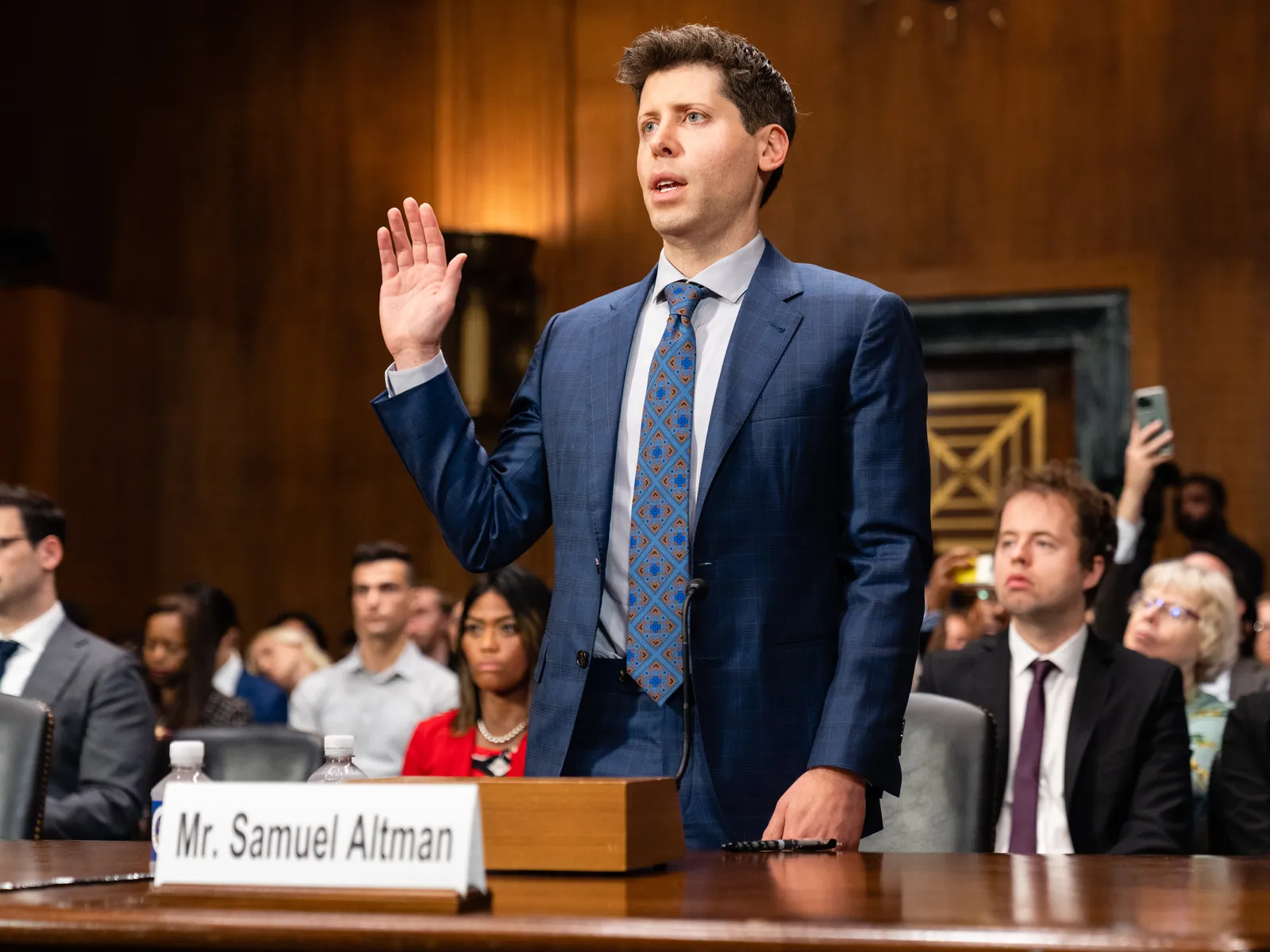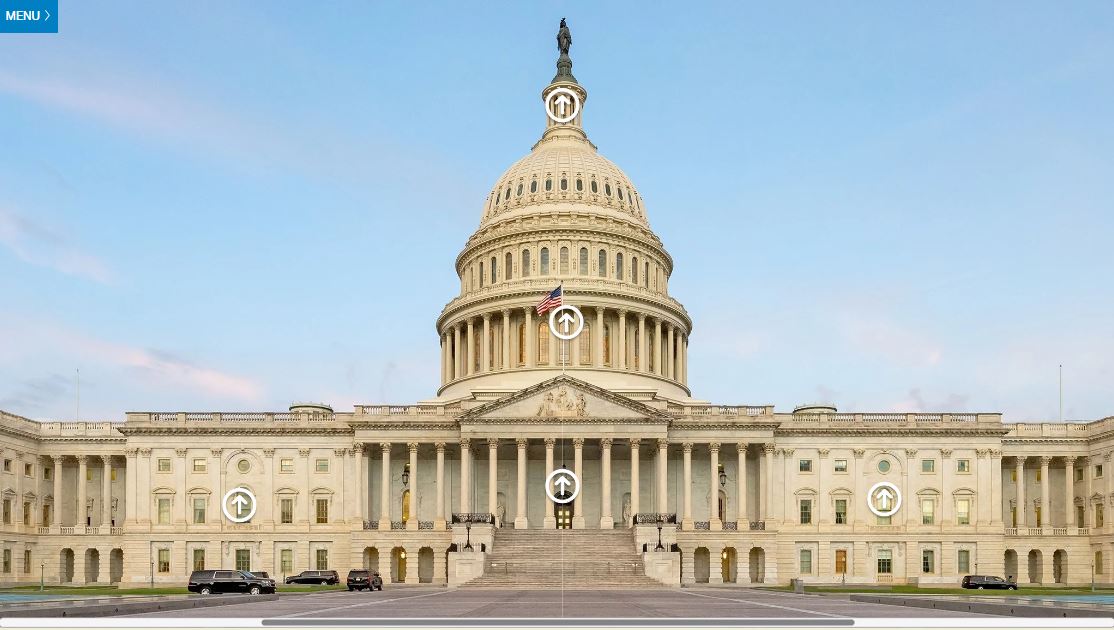AI Sector on the Brink of a Regulatory Overhaul
The artificial intelligence industry, valued at roughly $500 billion, stands at a critical juncture as lawmakers push for comprehensive regulation. The recent testimonies from major tech leaders in Congress highlight the urgent need for oversight, suggesting that the AI landscape may soon be irrevocably altered. According to Brookings, figures such as OpenAI"s Sam Altman have emphasized that the unregulated expansion of AI poses significant risks to society.
Historical Context of Technology Regulation
The current regulatory climate evokes memories of the late 1960s, a period marked by the federal government"s commitment to equity in technology access. As reported by Technology Governance and Equity in the United States, this era represented a high point for ensuring equal access to technology. However, as the decades progressed, that commitment waned, leading us to today’s fragmented approach to technology equity and regulation.

OpenAI CEO Sam Altman calls for regulation before Congress
China Sets a Precedent with Targeted AI Regulations
Internationally, China has taken a proactive stance on AI regulation, implementing targeted strategies for specific technologies. Since their regulatory actions began in 2023, the implications of these measures have raised questions about the U.S. response. As outlined in a Congressional Research Service report, the U.S. risks falling behind in the global race for responsible AI governance.
Privacy Rights Under Threat in the Age of AI
The intersection of AI and privacy rights is a contentious issue that cannot be ignored. The legacy of Louis D. Brandeis, who championed privacy as a fundamental right, feels increasingly at odds with the current trajectory of technology. According to The Journal of Politics, privacy has become a cornerstone of liberal constitutional thought in the U.S., yet it remains inadequately protected against invasive AI practices. This disparity raises critical questions about individual autonomy in a data-driven society.

Discover the Capitol Architecture | U.S. Capitol - Visitor Center
Taking Action to Protect Digital Rights
The response from the Biden administration has been tepid, despite the signing of Executive Order 14094 aimed at modernizing regulatory review. The 2023 Regulatory Year In Review suggests that while there is a framework in place, the urgency of implementing robust protections for digital rights is paramount. Progressive leaders are calling for a more aggressive approach to protect consumers and ensure that AI technologies benefit society as a whole.
The consequences of inaction are dire. Without stringent regulations, we risk exacerbating existing inequities in technology access and privacy violations that disproportionately affect marginalized communities. The stakes couldn"t be higher as we grapple with the implications of unchecked AI development on our societal fabric.

![[Video] Anti-ICE Protester Pepper Sprayed as CBP Agents Disperse Crowd in Minneapolis](/_next/image?url=%2Fapi%2Fimage%2Fthumbnails%2Fthumbnail-1768260677127-y71sb7-thumbnail.jpg&w=3840&q=75)

![[Video] Several injured as U-Haul truck drives through Iranian protestors in Los Angeles](/_next/image?url=%2Fapi%2Fimage%2Fthumbnails%2Fthumbnail-1768176682028-q95y6j-thumbnail.jpg&w=3840&q=75)
![[Video] Scuffle breaks out between Trump supporters and Anti-ICE protesters in Times Square](/_next/image?url=%2Fapi%2Fimage%2Fthumbnails%2Fthumbnail-1768165958203-hgcgb-thumbnail.jpg&w=3840&q=75)


![[Video] Gunfire between Iraqi security forces and Sadr militias in Baghdad](/_next/image?url=%2Fapi%2Fimage%2Fthumbnails%2Fthumbnail-1768343508874-4redb-thumbnail.jpg&w=3840&q=75)
